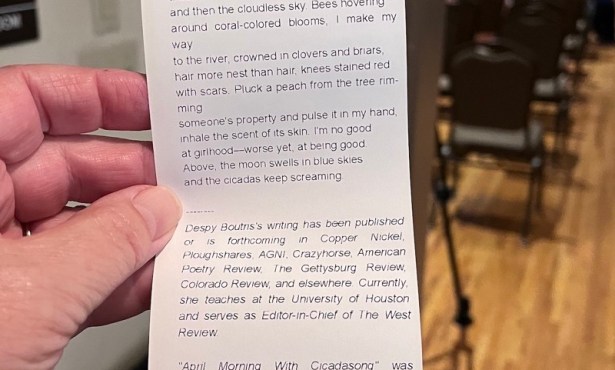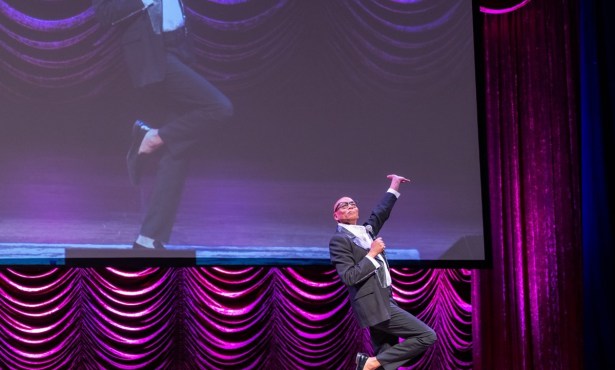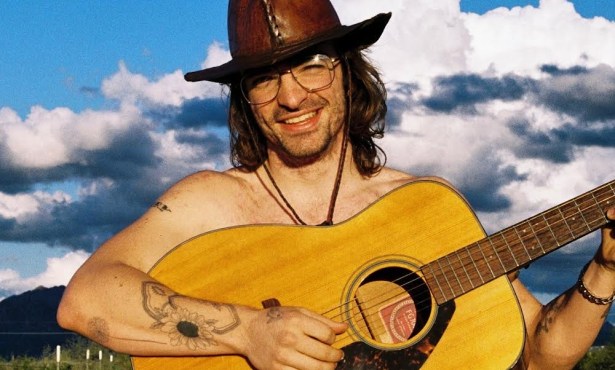Review | ‘The Power Worshippers’
Katherine Stewart Exposes Influence of Christian Nationalists

Christian Nationalists no longer occupy the margins of political life in America, says Katherine Stewart in her new book, The Power Worshippers: Inside the Dangerous Rise of Religious Nationalism. Slowly and methodically over many years, Christian nationalists have used religion as a vehicle for obtaining political power, and with Donald J. Trump in the White House, they have a powerful ally in their quest to order American life along a rigid set of values. Stewart pulls the veil off the individuals, organizations, and networks that advance the Christian nationalist agenda.
In the 2016 presidential election, white, evangelical Christians voted overwhelmingly for Trump, a man few people would associate with Christian values. That Trump received such support seems counterintuitive, even hypocritical, until one understands that Christian nationalism is first and foremost a political movement focused — as all political movements are — on gaining, consolidating, and wielding power. Trump’s bullying style and autocratic bent isn’t viewed negatively because, as Stewart brilliantly illustrates, the movement is profoundly anti-democratic, hierarchical, and authoritarian. Christian nationalists see Trump as someone who will advance their radical agenda, and as long as he does, they will overlook his crude and boorish behavior. The ideological character of the judges Trump has nominated for the federal courts and Supreme Court are a clear indication of the movement’s influence.
Every social movement stands on a foundation of thought and belief about how the world should be ordered and who should rule. Stewart introduces two figures who are not well known outside the universe of the Christian right but who have laid and reinforced the foundation of the movement. R.J. Rushdoony was a theologian and staunch proponent of the idea that America is God’s “Redeemer Nation,” a line of thought that predates the Civil War. It was pro-slavery then, using scripture to justify the institution of slavery and rail against the separation of church and state. Rushdoony’s writing extols the virtue of homeschooling and the privatization of public education.
David Barton, a man Stewart calls the “Where’s Waldo” of the movement because he turns up everywhere, is the other figure. Barton’s project is re-writing American history to prove our country was founded as a Christian one, and to imbed Christianity in the public-school curriculum. He’s been very successful doing the latter in Texas.
Stewart has written about the political aspirations of the religious right for years. She’s the author of The Good News Club as well as numerous articles for the New York Times, the Washington Post, the Guardian, and the Atlantic. The Power Worshippers is both a warning and a wake-up call. As Stewart pointed out when we spoke by phone recently, Christian nationalists represent a minority of the population but are over-represented at the ballot box because evangelical churches are skilled at turning out voters who reliably vote their “biblical values.” The movement is well-funded, data-obsessed, extremely media savvy, interconnected in the United States and abroad, and relentless in its quest to impose its regressive worldview on our nation.
Americans who value an open, pluralistic, tolerant society should be very concerned. As Stewart said to me, “Our democracy is at stake.” That’s a frequently expressed idea in this age of Trump, but after reading The Power Worshippers, I fear Stewart’s warning isn’t exaggerated.




You must be logged in to post a comment.